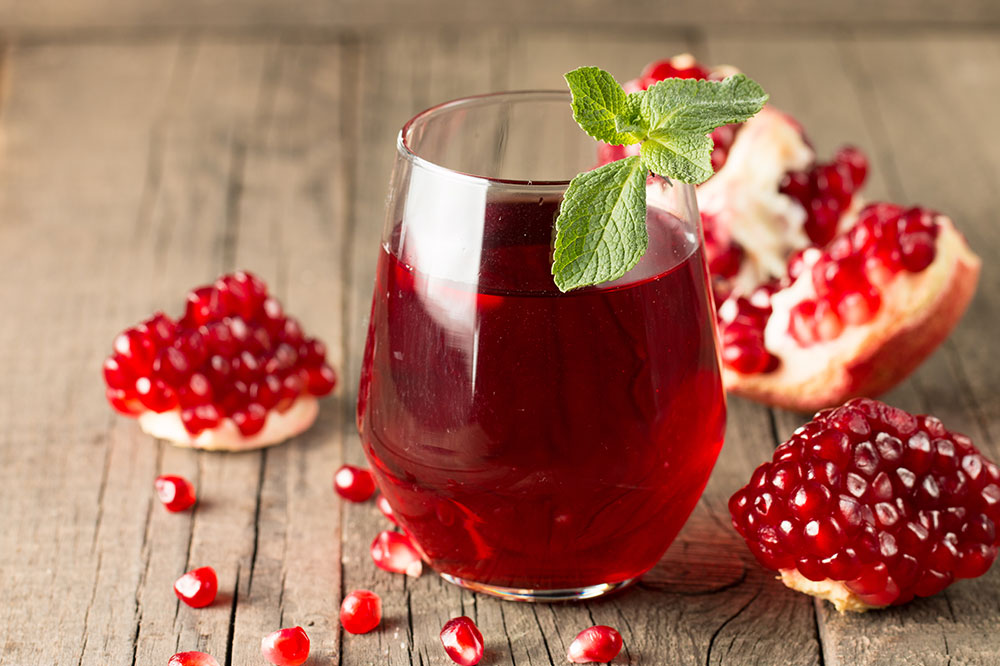
Healthy foods to improve blood count and circulation
A healthy blood count and proper blood circulation prevent many common ailments, including heart disease. A drop in one’s blood count can lead to a drop in one’s energy levels, hair thinning or loss, problems with concentrating, anemia, or even mental health disorders. Alternatively, poor blood circulation can contribute to digestive issues, cognitive impairment, and muscular cramps. Apart from treatment options and lifestyle changes, some foods can help maintain healthy hemoglobin levels.
What improves blood count and circulation?
Vitamins A, B12, and B9 and iron-rich food support healthy hemoglobin levels and fight anemia. On the other hand, vitamin C is another essential nutrient since it aids the absorption of iron into the body. Including foods rich in iron and vitamin C in daily meal plans are especially beneficial for women during pregnancy and menstruation. Studies show that omega-3 fatty acids, as well as vitamins B, K, C, and E, also enhance blood circulation. Similarly, potassium or vitamin K keeps the blood vessels healthy and prevents inflammation.
Here are some superfoods that support heart health, boost blood count, and improve blood flow:
Pomegranate juice
Pomegranate is rich in vitamin C and antioxidants and is known to prevent arteries from hardening. The antioxidants primarily assist in dilating blood vessels and aid in smoother blood flow. The juice is a concentrated pulp of the fruit and packs maximum essential nutrients.
Beetroot
Similar to pomegranate, beetroots have the ability to widen arteries and improve blood flow throughout the body. Beets contain many essential nutrients, including magnesium, copper, phosphorus, and iron, which regenerate blood cells. Additionally, the vegetable also carries a natural chemical called nitrate. The body converts this nitrate to nitric oxide, a substance that expands blood vessels. These are especially beneficial to those with blood pressure, a health concern where one’s arteries are partially clogged.
Squash, sweet potatoes, and carrots
The body uses a different type of vitamin called beta-carotene to make vitamin A. Beta-carotene is abundantly found in carrots, sweet potatoes, and squash.
Cayenne pepper
Cayenne pepper contains capsaicin, a substance that facilitates easy blood flow, lowers blood pressure, and helps relax muscles in one’s blood vessels.
Ginger tea
Ginger tea has antioxidants, magnesium, chromium, and zinc, which are essential minerals that improve one’s blood flow. Ginger also has great anti-inflammatory properties, which reduce the body’s inflammation and chronic pain.
Berries
Flavonoids, which are found abundantly in strawberries and blueberries, help widen arteries, lessen plaque accumulation, increase hemoglobin count, and improve blood flow. Berries are full of antioxidants, including anthocyanin. Anthocyanin prevents stiffening or damage of the artery walls and stimulates the release of nitric acid, which can lower blood pressure.
Figs
Figs help in raising one’s hemoglobin levels since they’re high in iron, magnesium, vitamin A, and folate. Patients suffering from diabetes are encouraged to consume figs in moderation since they have high natural sugars.
Walnuts and almonds
Walnuts and almonds help ease inflammation in the body and reduce oxidative damage in one’s arteries, which can help regulate blood flow.
Dates and raisins
These dry fruits are packed with iron and vitamin C. One can eat a handful of dates and raisins, preferably soaked overnight, to maintain healthy hemoglobin levels. Soaked dry fruits and nuts are also recommended foods for anemic patients since they give the necessary energy boost and required nutrients.
Black sesame seeds
Unpolished black sesame seeds contain high iron levels, vitamins B6 and E, calcium, magnesium, folate, and other minerals that boost the red blood cells or RBC count.
Citrus fruits
Citrus fruits like lemons, oranges, limes, grapefruit, and gooseberries, are high in vitamin C. Regular intake can boost the absorption of iron, reduce blood pressure, raise blood count, and reduce stiffness in one’s arteries.
Watermelon
Watermelon contains a natural antioxidant called lycopene, which is known to improve circulation.
Tomatoes
Tomatoes are rich in vitamin K, which can help reduce blood clotting and bleeding. Additionally, the organic component called lycopene present in tomatoes can protect against cardiovascular diseases.
Fatty fish and liver
Fish like tuna, salmon, sardines, and liver have been associated with a decreased risk of heart attack since they’re low in saturated fat content and high in omega-3 fatty acids. Fish is also high in vitamin A; it helps the body absorb and process iron, which is necessary for improving blood flow.
Apart from food, cardiovascular exercises like running, jogging, biking or walking, or any other type of physical regime are powerful techniques to increase blood flow and oxygen levels rapidly. Severe blood circulatory issues as a result of any underlying diseases can be fixed using specialized treatments.


